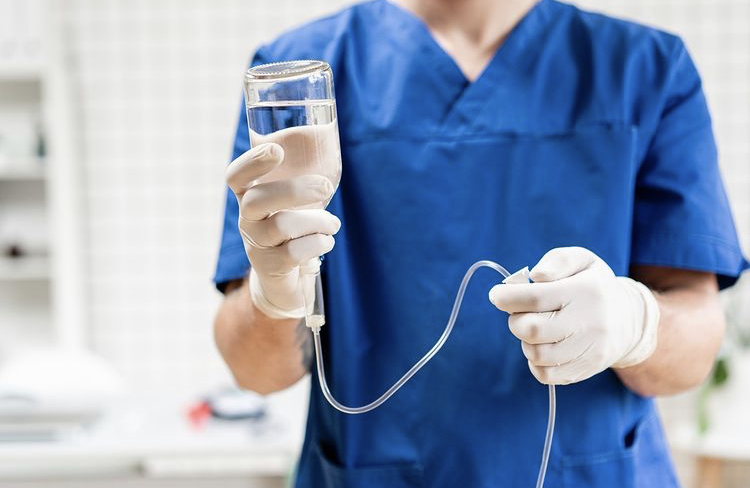
Antibodies are proteins that your body produces in order to protect itself from foreign invaders. Antibodies help your immune system identify bacteria, viruses, parasites, toxins, allergens, cancer cells, etc.
You may have heard people say things like “I don’t get sick very often, but when I do, it’s really bad!” This means that you’re likely producing less than optimal levels of antibodies in your body. The good news is that you can actually boost these numbers by doing a few things.
First, eat a healthy diet. Make sure to include plenty of fresh fruits and vegetables. Also, be sure to drink lots of water. If you want to make your body produce more antibodies, then you need to keep yourself hydrated.
Second, exercise regularly. You should try to work out at least three times per week. And, if you’re having trouble finding time to workout, then you could always hire a personal trainer. Bluegen antibodies
Finally, take probiotics. Probiotic supplements contain friendly bacteria that your body needs in order to create the best possible environment for your immune system.
What Are Natural Antibodies?
Antibodies are proteins that your body makes to fight infections. Your immune system produces them in response to foreign invaders such as bacteria, viruses, fungi, parasites, and other harmful substances.
There are two main categories of antibodies:
• Antigens: these are molecules from pathogens.
• Natural antibodies: they are made by the human body without any help from vaccines.
Natural antibodies are produced by the lymphocytes, a type of white blood cell found in the spleen, bone marrow, thymus, tonsils, and lymph nodes.
When an antigen enters the bloodstream, it triggers the production of antibody-producing cells. This is how your body protects itself against infectious diseases. However, the antibodies that are produced naturally don’t contain antigens.
This means that they won’t trigger an immune reaction.
However, you can still get sick because your body is producing natural antibodies to protect you.
For example, if you have a cold, you may feel better after taking an antibiotic. However, this doesn’t mean that antibiotics are good for everyone. They are effective at treating bacterial infections, but not viral ones.
How Many Antibodies Are There in Human Body
Antibodies are proteins that help protect the body against foreign invaders. When you have an infection, your immune system produces large amounts of these proteins. Antibodies can be found throughout the body, including in saliva, tears, milk, urine, blood, and mucus.
In general, the number of antibodies in the bloodstream is very low. However, when you get sick, the levels of antibody increase dramatically. The amount of antibodies in the blood increases as the illness progresses. This means that the more serious the disease, the higher the level of antibodies in the blood.
When you’re feeling better, the numbers of antibodies decrease. That’s why it is important to monitor the levels of antibodies in your blood. If you notice that the levels are increasing, then you should seek medical attention immediately.
There are several different types of antibodies. Some of them attack bacteria and viruses, while others defend the body from germs. You can also find a wide variety of other types of antibodies in the body.
For example, you may have anti-DNA antibodies. These are proteins that target DNA, which is a component of cells.
You might also have antinuclear antibodies. These are proteins that react with certain parts of your cell nucleus.



